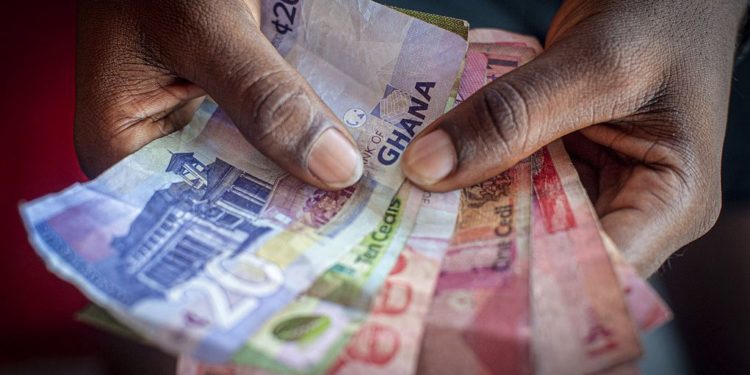Ghana’s central bank increased its benchmark interest rate to the highest level in more than 19 years to cool persistent inflation.
The monetary policy committee raised the cost of borrowing by 250 basis points to 27%, Governor Ernest Addison told reporters Monday in the capital, Accra. The median estimate of eight economists in a Bloomberg survey was for an increase of 175 basis points.
The MPC acted as a “significant upside outlook to inflation remains. The central bank of Ghana will also monitor the impact of recent currency weakness on price growth,” Governor Ernest Addison.
Inflation has been fanned by surging commodity prices stemming from Russia’s war with Ukraine and the West African nation’s plunging currency.
The cedi, the world’s worst-performing currency this year, has depreciated by almost 28% since the MPC raised borrowing costs by 250 basis points on Oct. 6, placing pressure on the nation to meet its import bill, which exceeds $10 billion a year, Finance Minister Ken Ofori-Atta said in his annual budget presentation Thursday.
It’s also made debt repayments more expensive. The nation’s debt is junk, and it’s now asking bondholders to accept losses on their investments.
Inflation is forecast to peak in the first quarter of 2023, the governor said.
The move adds to cumulative rate increases of 11 percentage points since November that has aimed to temper runaway inflation that’s now quadrupled the top of the central bank’s target band of 6% to 10% and bring the real policy rate back into positive territory to attract investment.
The cedi gained 0.3% against the dollar to 14.45 by 12.24 p.m. in Accra.
Read also; Ghana’s Inflation Surges to 40.4% in October 2022.




